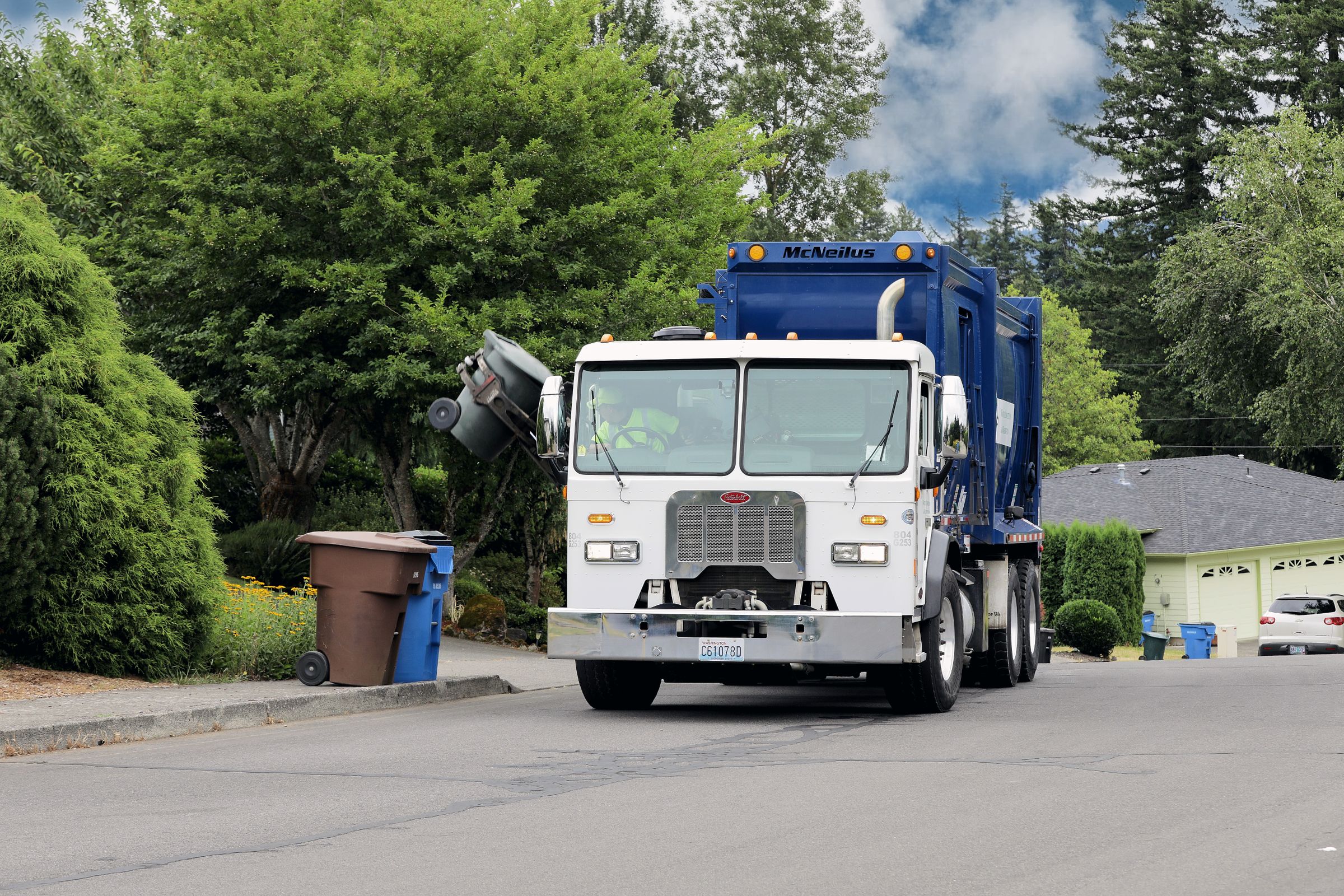In recent years, the concept of a circular model has gained considerable traction as we seek more sustainable solutions to ecological issues. At the heart of this trend is the idea of reducing waste and making the most of our assets. One area where this approach is especially impactful is in junk removal and automobile repurposing. These linked processes not only help clear unwanted vehicles from our roads but also play a vital role in salvaging valuable materials that can be repurposed in manufacturing new products.
As cars reach the end of their useful life, they often become unwanted junk that takes up space and contributes to environmental degradation. This is where professional junk removal services come into play. By quickly removing and recycling these vehicles, they not only make the removal process simple for car owners but also ensure that valuable materials like metals and plastics are recycled. This not only lessens the environmental effect but also supports the broader goals of a circular economy, where products are reused, reengineered, and upcycled to create a better future.
Comprehending the Circular Economy
The closed-loop economy is a revolutionary approach to production and consumption that aims to reduce waste and make the best of available resources. In contrast to the traditional straight-line economy, which follows the take-make-dispose model, the circular economy highlights the ongoing use of resources through recycling, repurposing, and eco-friendly practices. This system encourages industries to design products that are long-lasting, repairable, and able to be recycled, thus reducing the overall environmental impact.
In the context of junk removal, the circular economy plays a crucial role in ensuring that items, including vehicles, are managed responsibly. Junk removal services not only help eliminate clutter but also facilitate the gathering of items that can be recycled or reused. By efficiently sorting and processing these materials, junk removal companies aid in the preservation of resources by diverting waste from landfills, ultimately supporting the principles of the circular economy.
Car recycling is a essential component of this framework, as it allows for the recovery of valuable materials from end-of-life vehicles. When junk removal services encompass car recycling, they contribute to a system where materials such as metals, plastics, and glassware are reclaimed and reintegrated into the manufacturing supply chain. This process not only reduces the need for new raw materials but also saves energy and lowers pollution linked to production, strengthening the benefits of a closed-loop economy.
Junk removal along with Its Impact on Automobile Recycling

Waste management companies perform a vital role in the lifecycle of vehicles, specifically in the scope of car recycling. By supplying a means to get rid of old, damaged, or non-functional cars, junk removal companies support the process of recycling useful resources. When a vehicle reaches the end of its usefulness, timely junk removal ensures that it does not find itself in a dump, which is important for minimizing waste and enhancing eco-friendliness.
Additionally, the productivity of junk removal services can considerably enhance efforts to recycle. These service providers typically have the expertise and capabilities to break down vehicles efficiently, sorting components such as metal materials, synthetic materials, and fluids in an eco-friendly manner. This meticulous dismantling optimizes the retrieval of salvageable materials, ensuring that as much of the vehicle as possible is reused rather than thrown away unsafely. The result of efficient junk removal is a notable improvement in the total recycling percentage of car parts.
In addition, junk removal companies commonly collaborate with recycling facilities, creating a smooth process for the final vehicle management. By establishing these connections, they can make sure that the materials taken from scrapped automobiles are channeled to the appropriate locations for recycling. This partnership not only supports community economies but also helps create a closed-loop economy, where materials are reused efficiently, minimizing the requirement of new inputs and lessening the environmental footprint associated with automobile manufacturing.
Innovative Methods in Debris Disposal
In recent years, junk removal companies have embraced novel practices that not only improve productivity but also aid to sustainability. One such strategy is the use of technology for timing and coordination. By using apps and platforms, companies can streamline their operations, ensuring fast response times and efficient routing for their trucks. This not only reduces gas consumption but also leads to quicker job finishes, allowing for extra items to be salvaged or processed each time.
Another noteworthy trend is the focus on recycling and refuse reduction. Many junk removal services have started to introduce extensive recycling schemes to minimize waste dump contributions. They meticulously sort through collected items, recognizing materials such as ferrous and non-ferrous materials, synthetic materials, and electronics that can be recycled. This commitment to recycling not only helps the environment but also opens new avenues for car recycling, where elements from junk vehicles can be renewed and applied in updated cars or other products.
Neighborhood involvement is also an important aspect of modern junk removal practices. Companies are increasingly collaborating with local non-profits and groups to donate functional items such as decorative items, equipments, and residential products. This not only helps the community but also contributes to cut down waste and promotes a regenerative economy. By concentrating on canadianautowreckers.ca and reallocating resources properly, junk removal services serve a crucial role in advancing sustainable methods that go beyond traditional waste management, ultimately aiding in the recycling of cars and other materials.
